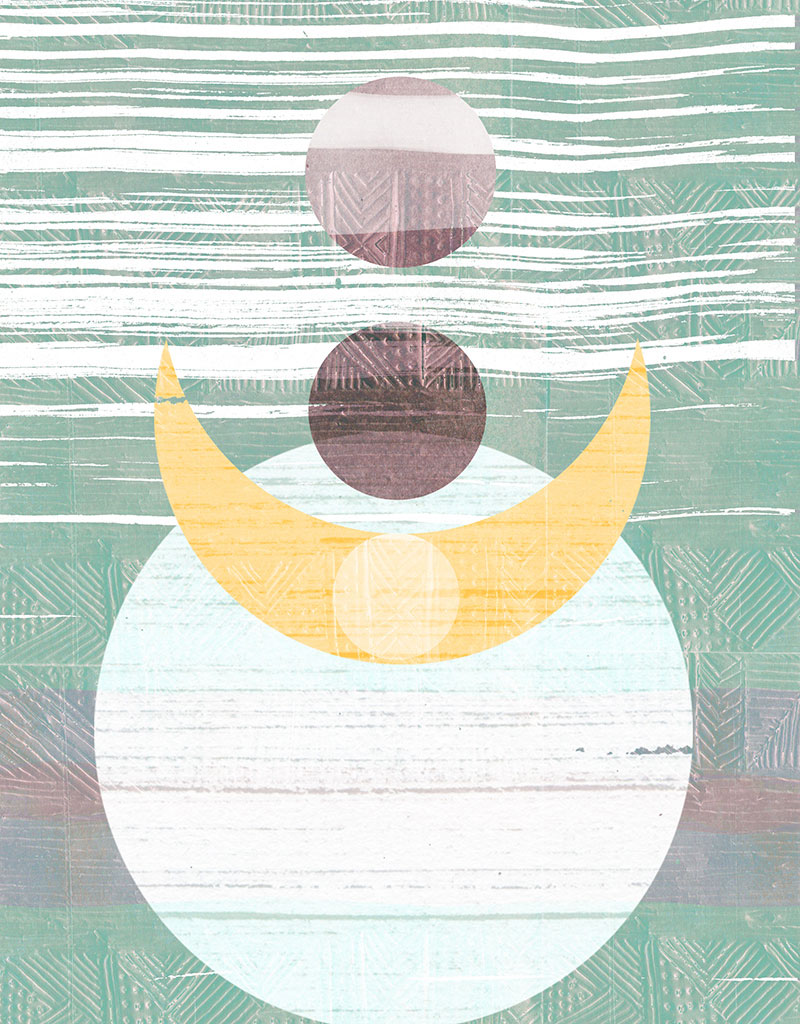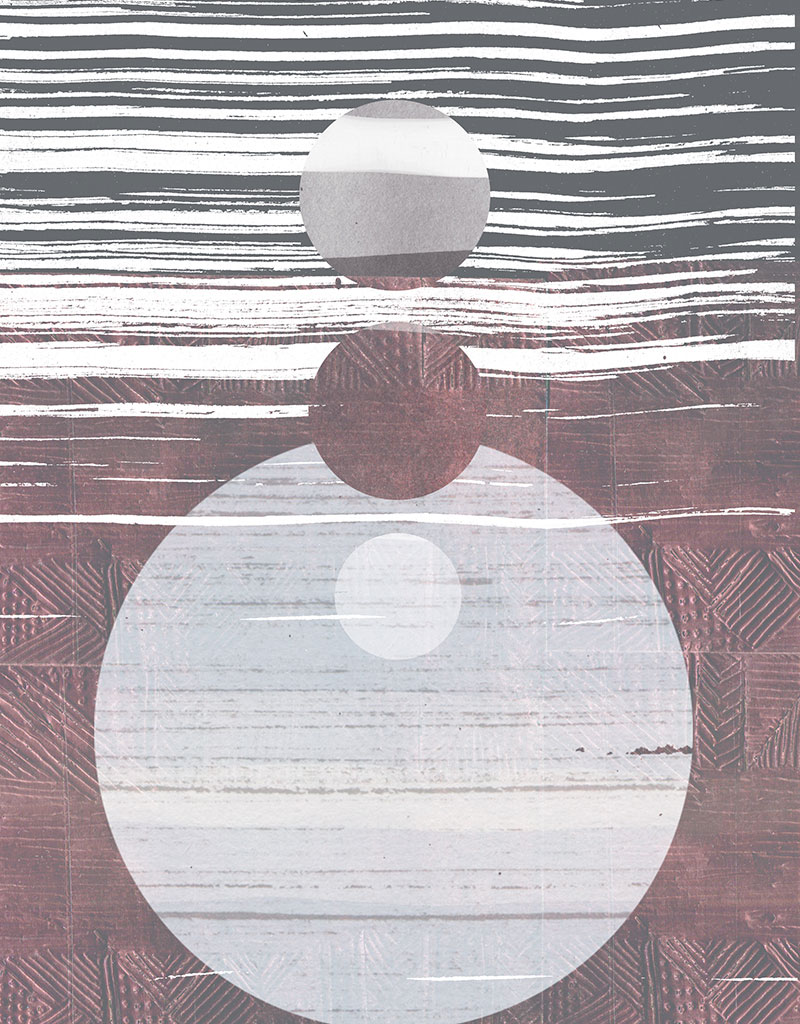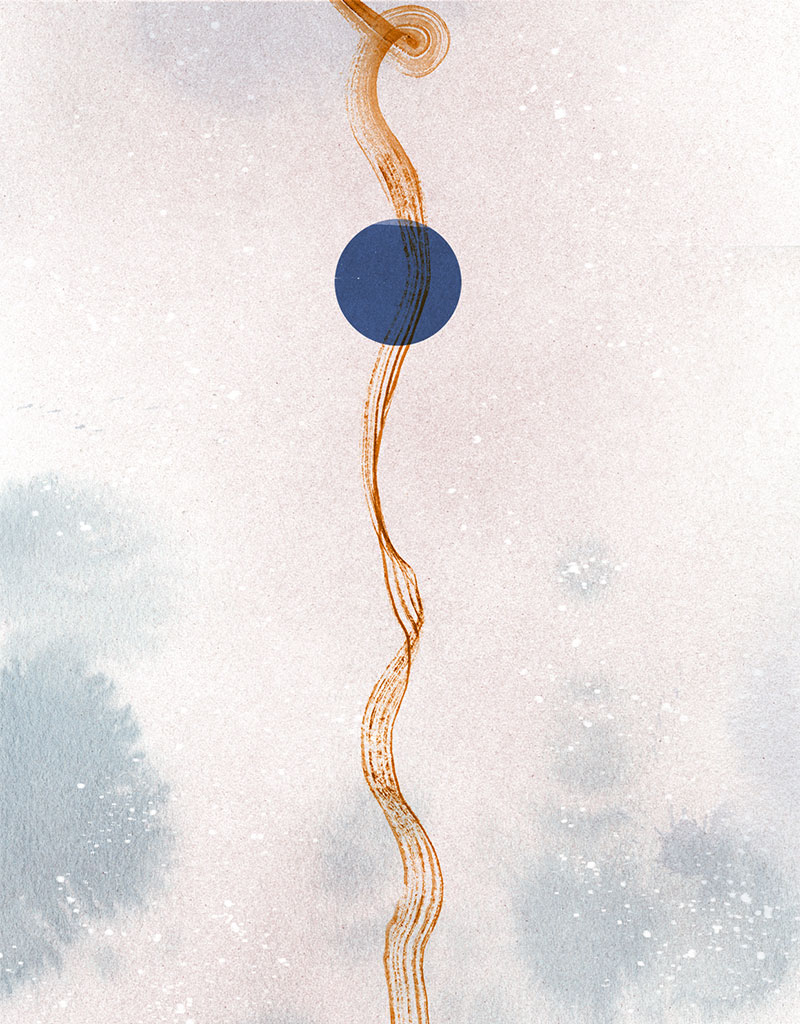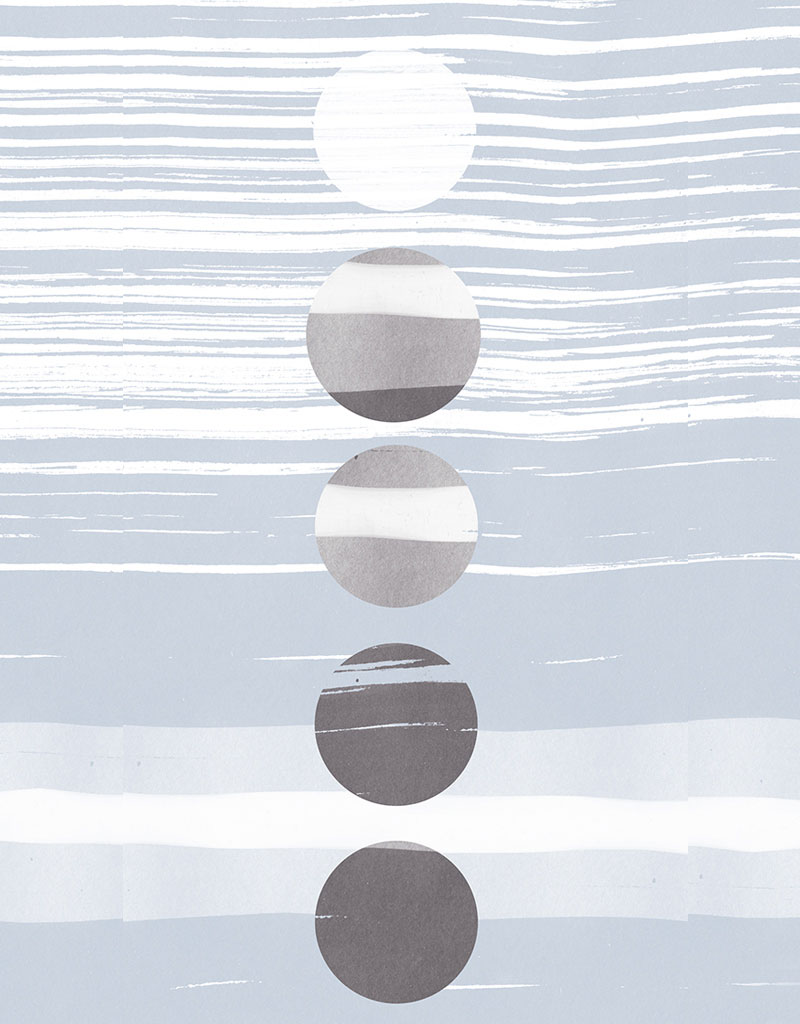Nilakshi Sharma
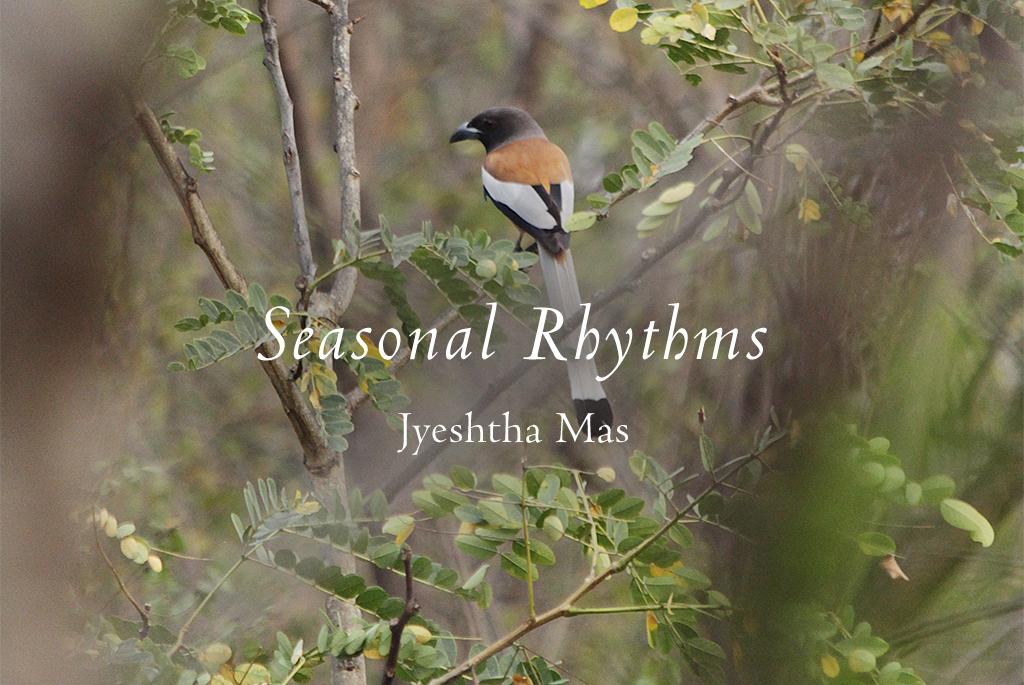
The sticky juicy sweetness of the Mango, the scent of Vetiver, the fragrant whiff of a Mogra flower at dusk, the piercing call of the Koel, the taste of water cooled in earthen vessels, the sensuous sweetness of the Champaka flower… Grishma rtu brings in its wake deep delights.
Jyeshtha is the first month of the summer season in the subcontinent. Its arrival is marked by a slowing down – the breezes of Spring stop. The melodious chirping of birds and the busy hum of millions of bees buzzing from flower to flower give way to the call of the Koel on long, still afternoons when the Sun blazes in the sky, causing everyone to seek shelter in shade.
Grishma rtu or Summer is the season of the Sun in the subcontinent. As the season deepens the intensity of the Sun and the heat increases to nearly unbearable levels. And yet in many ways that merely serves to deepen the small delights that the season offers.
Rituals of Delight
Summer was once the season of fragrance – the earthy scent of Khus, the sensuous sweetness of Champaka and the eroticism of Mogra and the coolness of Sandalwood paste.
A cooling seasonal ritual is the wearing of Mogra and Champaka as garlands or in the hair. You can even place some fresh flowers in a silver or glass bowl and sprinkle them with water to create a fragrant ambience. Apart from the delight their scent offers, each of these traditionally used flower or wood also offer therapeutic benefits for coping with the season’s impact.
- Vetiver (Khus): Traditionally chiks (woven blinds) made of Vetiver were used in summer. When sprinkled with water they released the aroma of deep earth, at once cooling and refreshing. Vetiver is also cooling when taken internally. A handful of cleaned and dried Vetiver roots can be dropped in a glass jug. Fill with drinking water and let sit for a few hours. The result is water with a faint tang of Vetiver which then offers cooling relief to the body along with hydration. If you choose you can use an earthen clay pot or jug to soak the Vetiver roots in. The result is water that tastes of the deep dark cooling earth itself.
- Jasmine (Mogra): The ritual of wearing fresh Mogra flowers in the hair is one that is particularly good for the summer season. Along with fragrant delight the scent of Mogra has a calming effect on our nervous system. Its deep undertones uplift the spirit.
- Sandalwood (Chandan): If there is a king amongst the traditional fragrances of the subcontinent, it would undoubtedly be Sandalwood. Complex, nuanced, deeply cooling yet with a layered warm undertone, the scent of Sandalwood is quite possibly a scent of the sacred. The tradition of wearing Sandalwood as a Tilak is one that benefits our nervous system by offering it relaxation and a sense of calm. A face mask with pure Sandalwood powder is also a traditional beauty ritual for calming the skin and for a glowing complexion as it calms and heals the skin. Among others, Sandalwood has powerful anti-inflammatory properties.
- Rosewater (Gulab Jal): The simplest but one of the most luxurious skin rituals is spraying the skin with Rosewater. Summer heat can lead to our skin feeling dehydrated. A spritz of Rosewater offers hydration and the delight of Rose. Regular, repeated use of pure Rosewater will actually improve skin elasticity and add lustre to the skin.
Rituals of Food
The dry, searing heat of Summer takes a toll not only on our skin but also on our bodies. Digestion slows down in this season so eating lightly cooked, nourishing foods is ideally recommended. As are fresh fruits and vegetables that hydrate the body and counter the heat of the season. Below are two recipes from traditional regional cuisines that we have shared over the seasons:
Onion Raita: 1 Onion, finely chopped + 1 Tbsp fresh Coriander, finely chopped + 1 cup of Yoghurt + 2 to 3 Green Chillies, deseeded and finely chopped + Salt, Pepper & roasted Cumin seeds as per taste. Mix and enjoy as a delicious accompaniment to meals.
Onions offer a high concentration of vitamins A, B & C, antioxidants and iron. The pungent Onion can help with digestive issues by stimulating the release of digestive juices. Eating Onions can also promote good bacteria in the gut. Onions also offer potassium and sodium, which can help maintain the right electrolyte balance in the body. But most of all Onions contain volatile oils which can help in regulating body temperature, keeping us cool as the heat rises.
Aam Panna: 1 green, unripe Mango + Roasted Cumin powder, Jaggery powder & Rock Salt as per taste.
To make: Either pressure cook a whole raw Mango (with 1 cup of water per Mango) to soft consistency (3 to 4 whistles) or slow roast it over a flame until the skin is charred. Separate and set aside the Mango pulp and discard the seed and skin. Blend the Mango pulp and spices together to create your Aam Panna concentrate. Transfer to a glass container and keep in refrigerator. To serve add 1 Tbsp (or more as per taste) of concentrate to a glass and top with chilled water. Add ice cubes if desired and some chopped Mint leaves for garnish.
Aam Panna offers the health benefits of raw mangoes, which “help in avoiding common liver ailments by stimulating bile production which in turn helps the liver to function better. Bile secretion allows cholesterol, bilirubin, toxins and drugs to be removed from the system.” Other nutrients include vitamins A, B1, B2 and C; with iron, calcium, folate, pectin, and choline also being present. But most of all it makes for a delicious and refreshing summer drink while hydrating our bodies.
May this Summer offer you all of her delights and joys.

